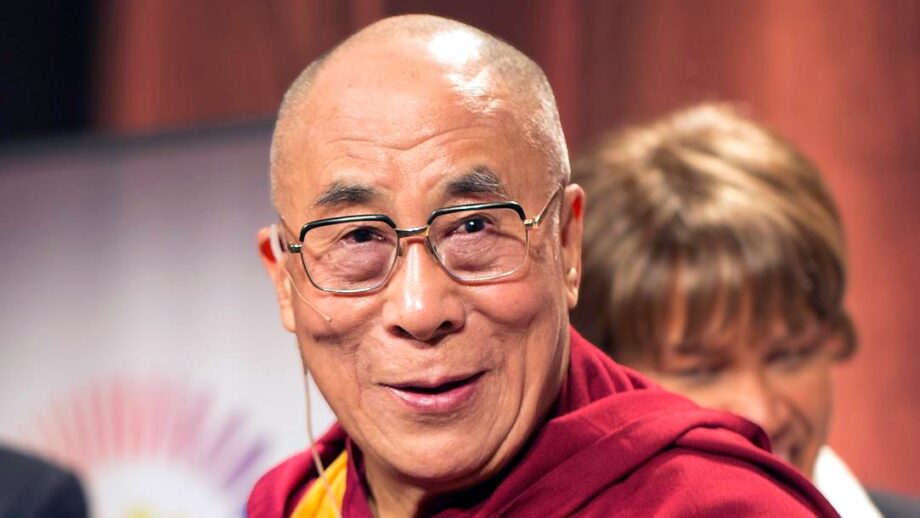1. “We have a tendency to believe that happiness is derived from wealth and power, ignoring the mind’s function or the fact that inner serenity is the key to happiness.” “Physical comfort provides little respite when we are emotionally upset, yet we can often tolerate physical suffering if we are mentally at peace,” writes the Dalai Lama in a soon-to-be-released book. As we emerge from the pandemic, His Holiness’ words ring true more than ever. The Little Book of Encouragement (Penguin Random House India), which contains some of his wise remarks over the years, can be a great source of comfort for many of us who are dealing with grief, stress, or trying to reclaim a sense of normalcy.
2. “Our life depends so much on others that at the root of our existence lies a fundamental need for love. This is why it is good to cultivate an authentic sense of responsibility and concern for the welfare of others.”
3. ‘As per Buddhist perspective, every sentient being is acquainted with suffering and the truths of sickness, old age, and death. But as human beings, we have the capacity to use our minds to conquer anger, panic, and greed. In recent years, I have stressed upon “emotional disarmament”: seeing things realistically and clearly, without the confusion of fear or rage. If a problem has a solution, we must work to find it; if it does not, we need not waste time thinking about it.’
4. ‘Regarding mental bullying on the internet that leads young people to self-harm and suicide—as human beings, we are intelligent and can evaluate and choose what to take seriously. Even the Buddha advised his followers:
‘As the wise test gold by burning, cutting, and rubbing it, so bhikshus, should you accept my words only after testing them, and not merely out of respect for me.’ As a Buddhist and a follower of the Nalanda tradition, I find it very useful to always ask, ‘Why?’’
5. ‘Scientists have evidence to prove that basic human nature is compassionate. They have also found the opposite, that constant anger and hatred weaken our immune system. Therefore, just as we teach people physical hygiene to help preserve their physical health, for a happy and peaceful mind, we need to teach people about emotional hygiene— how to tackle their destructive emotions.’


